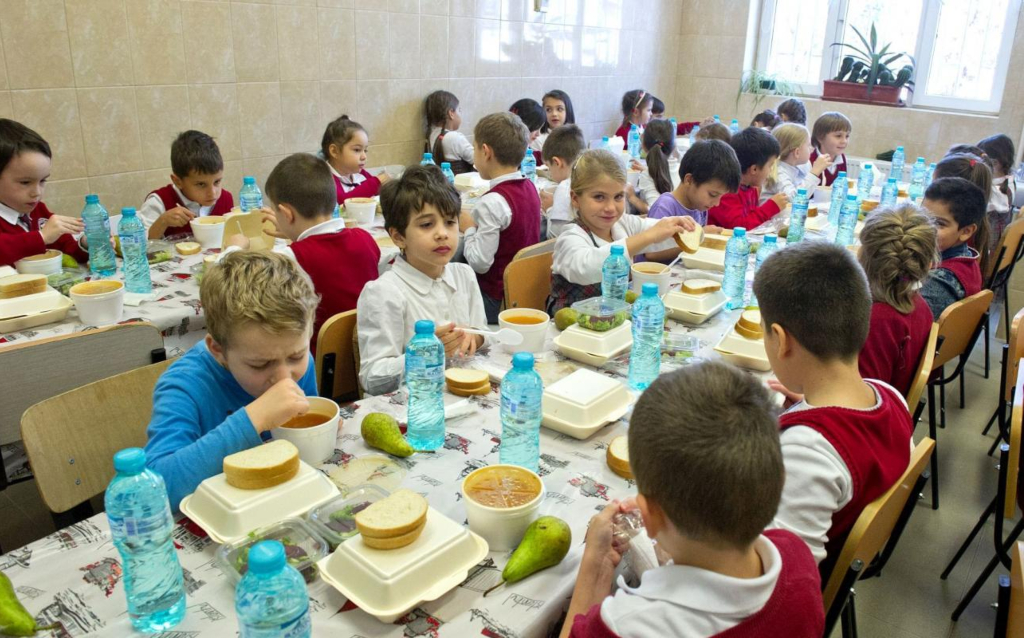On Monday, Romania’s Senate voted in favor of a comprehensive educational law developed by the Democratic Alliance of Hungarians in Romania, also known by its Hungarian acronym of RMDSZ. The new laws would affect Hungarian education in Romania as well as the entire education system, highlighted Attila Cseke, RMDSZ faction leader, who also added that the new proposals are the result of a long process of conciliation with Romania’s teachers and labor unions.
“The fact that the plenum has made its decision now about the amendment of RMDSZ is important because if the President announces it immediately, the new measures would come into force from the beginning of the next school year”
– stated Attila Cseke.
The politician also said that one of the most important measures of the new package is the reduction in the minimum number of pupils required in a class. Because of this reduction, schools throughout the country could start a class with just 10 children, while up until now it has only been possible with a minimum of 12 students. Cseke highlighted that this would be good news for Hungarians looking to enter a Hungarian-language class, especially those living in areas where the majority of students are Romanian.
At the same time, the maximum allowed class size would also decrease so that teachers will be able to work more effectively with children. While the maximum class size has been 25 for elementary schools and 30 for high schools, according to the new law, it now could not be more than 22 for the former and more than 26 for the latter.
The faction leader also mentioned that despite the fact that national minorities have the right to be present in the management teams of educational institutions and that this is guaranteed by law, it is not currently mandatory. According to the new legislation, it would be.
Vice President of the Upper House’s Education Committee, Senator Csaba Zoltán Novák, said that the new bill includes regulations for education in nursery schools and kindergartens as well. In justified cases, parents could, for example, send their children to kindergarten from the age of 2, while single and socially disadvantaged parents would be given priority in the nursery school registration process.
Hot food and afterschool programs in every school
The bill also prescribes that up until 2030, each school in Romania must take part in the afterschool and hot lunch programs. Furthermore, the RMDSZ’s amendment would enable parents to form associations in order to organize afterschool programs for their children and also create the opportunity for teachers from other educational institutions to teach in these programs.

The Ministry of Education would have to provide permission and a budget for each school that has met the required conditions to serve hot lunch to students. In schools without such conditions met, the students would receive cold food packages instead.
One further amendment states that a school psychologist would have be hired when student enrollment passes 500, whereas up until now, this has only had to happen after the number of students passes 800.
Each student can apply to universities in their mother tongue
A big win for Hungarians in Romania, the new law would provide for the right of each student, including members of the Hungarian minority, to use their native language during their university application process and entrance exam.
Free travel for students
Over the course of its formulation in the Senate, the RMDSZ amendment was complemented with various other provisions. These include that students be able to travel for free via urban public transportation as well as on state-financed, long-distance buses and trains; currently, they receive only a 50 percent discount. The Ministry of Education would also provide 52 return tickets per year for commuter students who live in lodgings or dormitories away from home. Additionally, the new law would include free museum, theater and opera tickets for students.
Each new measure of the bill applies to public, parochial and accredited private schools. The amendment was developed by the RMDSZ delegate from Bihar/Bihor County, Ödön Szabó, and Maros/Mureș County Senator Csaba Zoltán Novák, also a member of RMDSZ.
Title image: Afterschool program for Hungarian children in Sepsibodok/Bodoc in Kovászna/Covasna County (Photo: 3szek.ro)